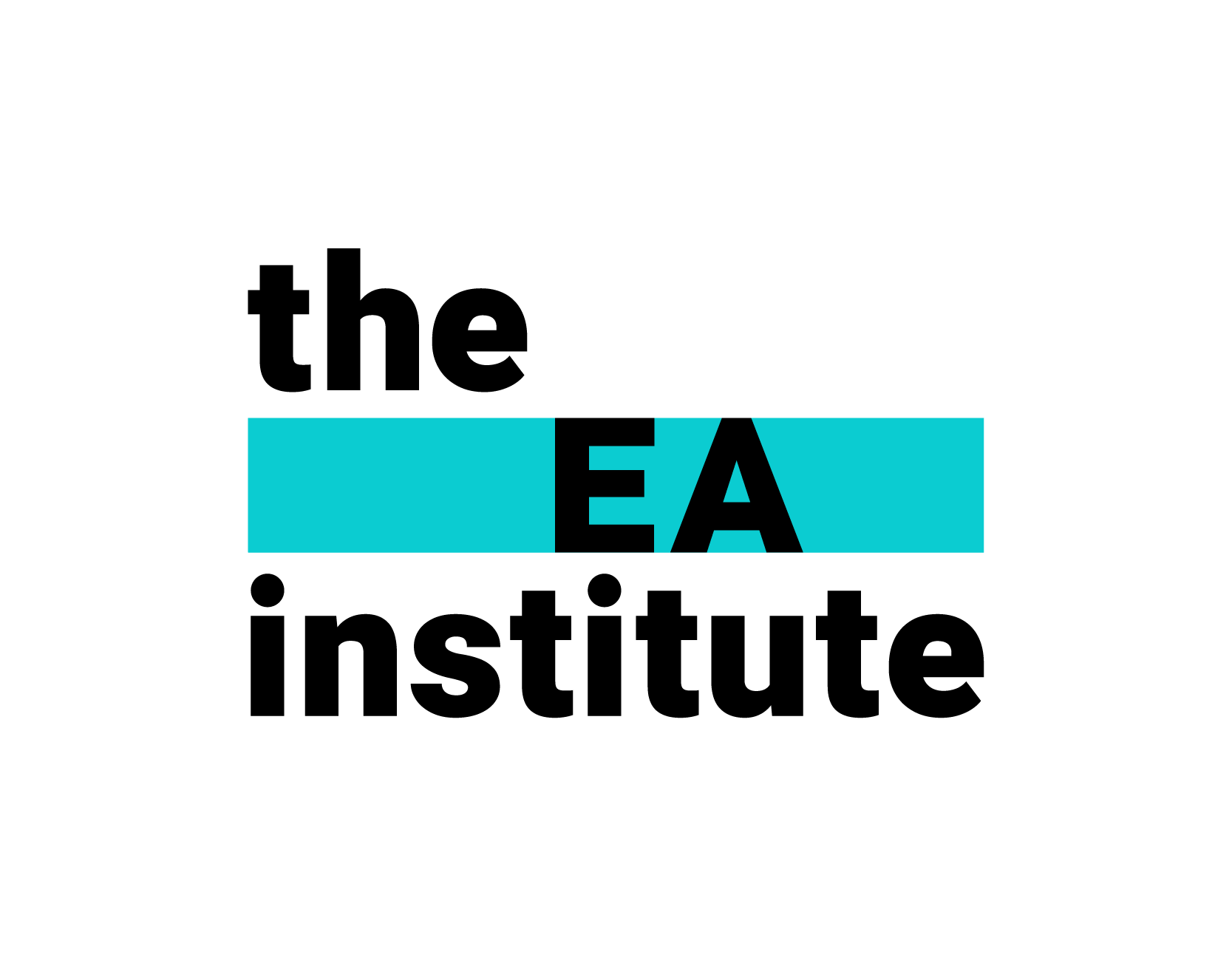How much am I worth?
How much am I worth?
This is a question I often come across. It’s difficult to answer, and to be honest, I think it’s a bit rudimentary to ask.
But I am going to attempt to break down how to value you yourself here.
The short answer being, you are worth as much as they are willing to pay you – and as much as you are happy to settle for. I can hear you rolling your eyes! But bear with me.
Here is my simple formula:
(Monetary Value + Personal Value) – life priorities = $$$
Monetary Value
When deciding how much monetary value you are worth, I recommend you do your market research on what others within the same industry, level of skill, years of experience, and education are compensated.
This means looking on job advertisement sites to see what their pay offer is, ask friends that you know for a ball park figure of they, or people they know, may be on.
There are great website tools that take all of the guesswork out for you – but I do recommend to search job sites, it’s good to know what is out there.
A few great website tools to try are:
https://www.payscale.com/research/AU/Country=Australia/Salary
Personal Value
Whilst calculating your monetary value, there are tangible things to base your salary on like education and years of experience. But there is a lot to be said for your intangibles assets such as your personality or emotional intelligence – often these are more important than skills or education because if people cannot work together, your output will be significantly reduced.
So how do you measure this?
Well, it is kind of difficult. I read some articles how personality changes increased income etc. (read here if interested). But I didn’t really feel that it would help me put it into a monetary value straight away.
So what I would do instead, is say, base your value on what the pay grade of the next step in your role is. OR, be looking at how much investment a company might need to make to get you to that next step. Because if your behaviour is to be motivated and continue progressing, they are going to need to value you and professionally develop you, otherwise you just leave.
The other thing to consider is the company values, culture fit and professional development opportunities – if everything is the right fit, they will likely pay you ‘above market rate’/ to let you know that they value you as a person, not just based on what you bring tangibly. You are hired because of the intangibles you also brought to the table.
Life priorities
Okay, I wanted my equation to look a little mathematical, so I wanted a ‘subtractive’ element, and what better than life priorities!
Because, when you have children (puppers included), or you need to look after someone with an illness, or you just want to take a step back, priorities of work/life balance change.
Regardless of family or no family, if your focus is your career and you are prepared to put in the extra hours to progress (basically work is life) then you would be worth more money than someone who’s Netflix show is life. Fact. The higher wage is reflective of additional hours/responsibility and being ‘on’ all the time, and passionate about what you do.
If your focus is elsewhere, and you do not want these responsibilities, would like to come in at 8am and leave at 5pm, you can’t expect to be paid the same.
Summary
Generally speaking, if you really want to see if you are part of daylight robbery, try and work out your hourly rate, you’ll be surprised to see often seniors or well paid earners are usually paid less. For example, at a previous position as a Junior I earnt $55k, and my Senior earnt $65k. But they did about 10 more hours per week more than me. So over a year (40 hours per week x 52 weeks), my hourly rate was $26.44, and hers was $25 (50 hours per week x 52 weeks).
Remember, this is all part of an equation, so you may have more Monetary Value than Jill due to your years of experience, but you don’t want to stay late or be the ‘go-to’ person for additional responsibilities, but you could still potentially earn more than Jill purely because of your Monetary Value, + Personality Value adds up to more, and Jill is a junior needing to work her way up. But rest assured, Jill will likely move past your earnings in the next year or two!
My other piece of advice is I never took a job based on the money. If anything, I was always underpaid. That is because I weighed up the opportunity I was given (more responsibility and bigger title), professional development and networking opportunities, and generally if I would love it or not. The old adage is partly true, work for your passion and the money will follow, or if it doesn’t, at least you will be happy!
Thoughts?
Send them to me at caitlin@theeainstitute.com.au, I’d love to know what you think.






